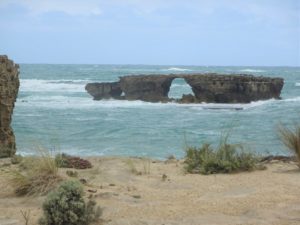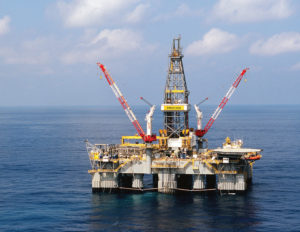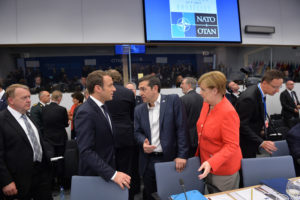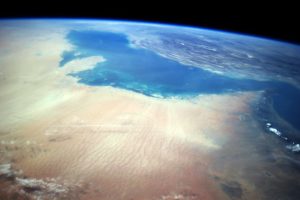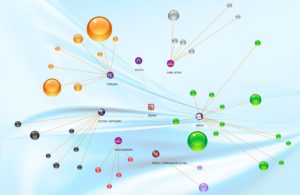Letter from La Vigie of 8 January 2020
French perspective on 2020: strategic regulation in question
The strategic disruption of the planet continues. In 2020, it could become even more geo-economically unstable. For France, which needs to refocus its strategy and rethink its alliances, this is undoubtedly the time to reassess its external commitments, to exercise strategic restraint and to prioritise efforts on public security and cohesion in order to regain room for manoeuvre.
To read the article, click here
The common goods of humanity
Beyond geopolitical or economic issues, it is at a time when multilateralism is experiencing its deepest crisis that it is most needed, particularly to guarantee the sustainable management of the common goods that the planet offers us. Whether we are talking about the environment, the sea and the oceans, exo-atmospheric and cybernetic space or the infinitely small human body, the preservation and exploitation of these goods, which are common to all humankind, require the practice of effective multilateralism so that they may benefit the human species in the long term. The different societies and human generations must also agree to listen to each other before engaging in dialogue.
To read the article, click here
Lorgnette: Ottoman Libya
The situation in Libya is experiencing a new wave of uncertainty. While the Tripoli government was showing its limits (that of not governing anything, despite official UN recognition), while Misrata’s militias and their affiliates constituted the last square to oppose the Marshall Haftar, who had launched the final push to conquer Tripoli and reunify the country, helped in this by his Egyptian and Emirati godfathers, not to mention a number of mercenaries, President Erdogan announced that he was going to intervene.
Let us recall the long filiation between Misrata and Turkey to understand that Ankara basically wishes to defend its last point of support in the southern Mediterranean. Turkey remains a Mediterranean power and its neo-Ottomanism recalls its past domination. The fact remains that it is well established in Syria, that its supporters of Idlib are little by little driven out by the Russian-Syrian offensive and that there is a plethora of violent Islamists to be recycled. Ankara will officially send regular troops: let’s bet that the main one will be made up of jihadist séides.
Bad news for Libya and the Sahel!
JOCV
Subscribers: click directly on the links to read online or download the pdf number (here), always with your login/password. New reader: read the article in the issue, by clicking on each article (2,5 €), or by subscribing (abo discovery 17 €, abo annual 70 €, abo. orga 300 € HT): here, the different formulas.
Photo credit :denisbin on Visual Hunt / CC BY-ND
